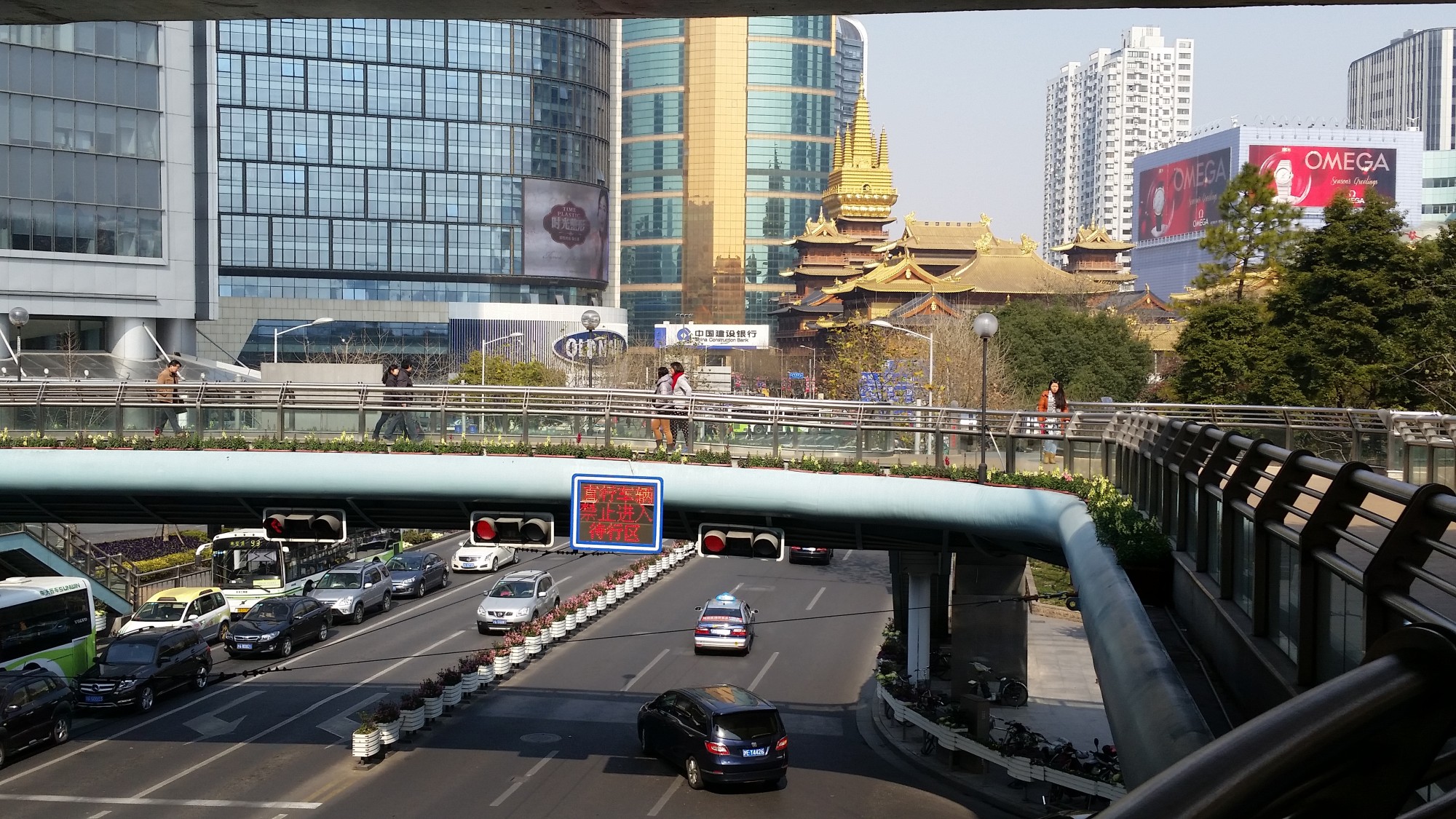What to Bring to China
This may be the most helpful post I’ll write on what I learned while traveling in China. Things to bring!
First, identify what cities you will be visiting. I suggest Beijing and Shanghai, mainly because those are the two I visited but, they are also the biggest and have a ton of cool things to see.
Once you have identified where you want to go, GET A MAP of each city. I can’t stress this enough. The maps once you are there are in Chinese. The maps you get at your hotel are typically the kind you get at Zoos, over here is the big fun picture of the elephant in this general area, over here is the lion! And most of the time you are trying to figure out if you are heading in the right direction. They don’t put smaller streets on the maps so if you are walking, you sort of pray until you hit a street on your map and then try to assess where to go next. Not that I’m talking from experience or anything…
So, get a great street map of each place you are going, I’d suggest those laminated ones that hold up well after being folded a million times and don’t care about weather. Remember, unless you pay for the super expensive data plan, your cell phone will NOT be an option to figure out where you are.
That’s a quick point to reiterate, YOUR CELL PHONE WON’T WORK THERE. If you plan on using it for anything other than Internet access when you find a wi-fi point (usually at the hotel), or for locally installed applications like games or translation apps (detailed shortly) you will be greatly disappointed. Think ahead about what you use your phone for and make sure if it involves anything travel related, you have an alternate process that doesn’t require cell phone network access.
Okay, so, you’ve got your maps, you’ve planned out some locations you want to visit, what else should you bring? Well, power converters are always a nice thing to have. While many of the hotels have multi-plug power outlets, meaning if the item you are plugging in can handle 220 voltage, the outlet will be able to take double prong plugs from the USA. If you aren’t sure or your item is 110 voltage only, you need a power converter. I use one that has interchangeable plugs depending on the country I’m visiting. A little trick I use is to bring a small two sided power strip with two plugs on either side, that travels very small. You take the power strip, plug that into the converter, plug the converter into the wall and voila! you now have 4 plugins of 110! These sorts of things I normally keep in my carry-on luggage just in case I need to charge something during the trip or if my luggage by chance is lost (which has never happened internationally thankfully). One note, make sure you have a CONVERTER and not just an adapter. If you have devices that require 110, you need to convert the power from 220/240 to 110/120 otherwise it will fry. Adapters only change the plug so it will work in foreign outlets. They do not convert the voltage.
Okay, so you’ve got a map, you’ve got power for your stuff, next I would recommend getting some language applications for your phone. I downloaded a couple for Chinese, the first one was “Learn Chinese Mandarin Phrases” by Bravolol. It’s a decent phrase app that downloads to your phone so it will work even if you aren’t on your mobile or wireless network, very important thing to note if you are looking at using an application. Things like Google translate will NOT work unless you are connected to the Internet. I ended up buying the full phrases for like $5 or something. It was nice to be able to see and hear the phrases so I could practice. I used “xie xie” (thank-you) all the time. When I had the whole fish experience (another blog post) I looked up “xiao” (small) so I could get a smaller fish. The other application I used was English-Chinese dictionary also by Bravolol. I think you can download it from the phrases app or separately. It has some small ads in the free version which you can get rid of for $2.99 if you like. The best part of that dictionary is that it can be used both directions. So if you are trying to communicate with someone, they can look up a word in Chinese and show you the English translation. Of course, you have to have a Pinyin keyboard installed, so look into adding that to your phone as well. These sorts of applications can help you clarify things with locals who are usually somewhat familiar with English, enough that with a little phrase book and dictionary you can get almost anything figured out. You can obviously carry around physical books for these if you prefer, I just like how easy it was to use my phone.
So there you are, three things I would sort out before you leave your home country. Get out and have fun!
Posted in: Personal


